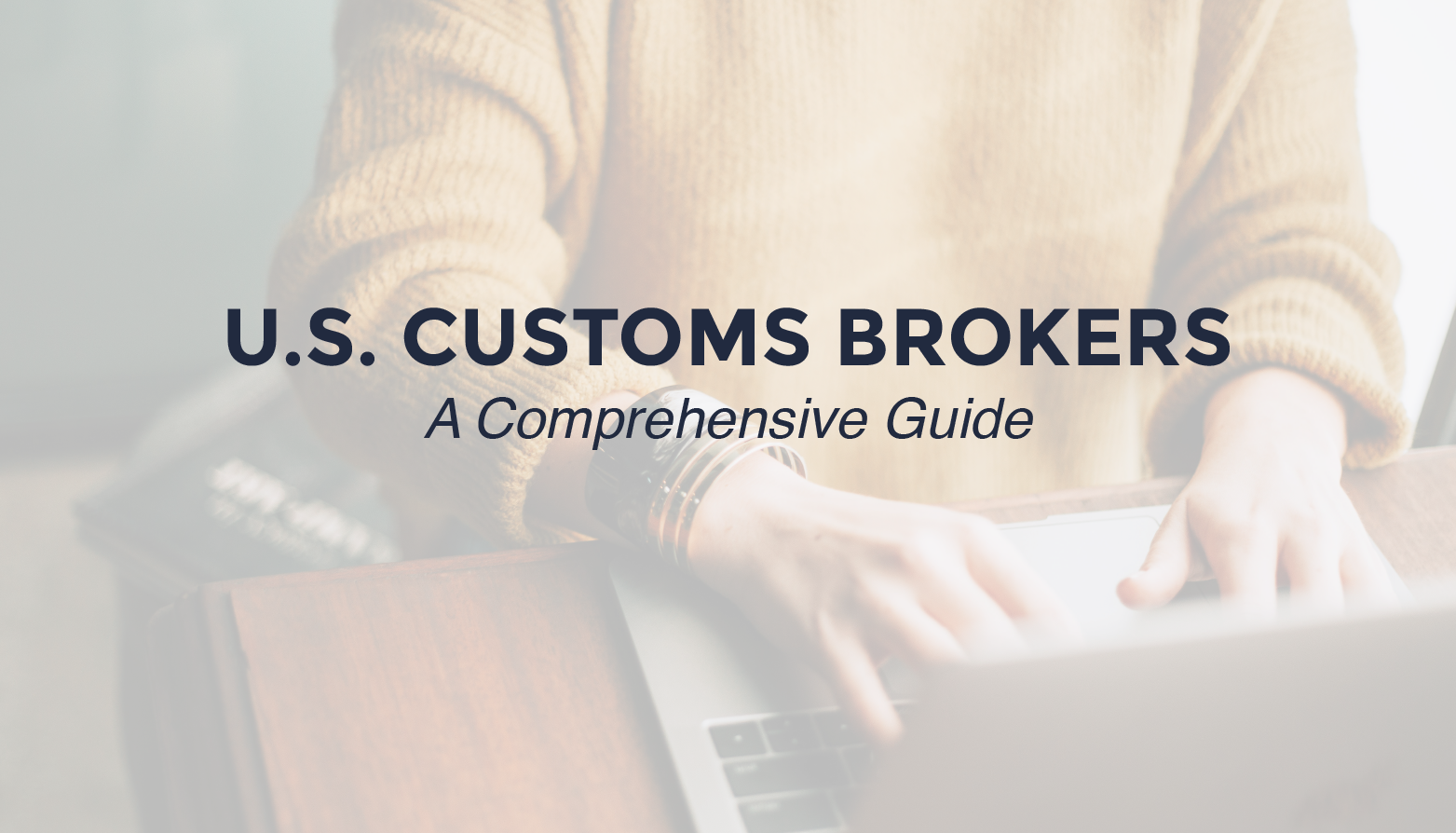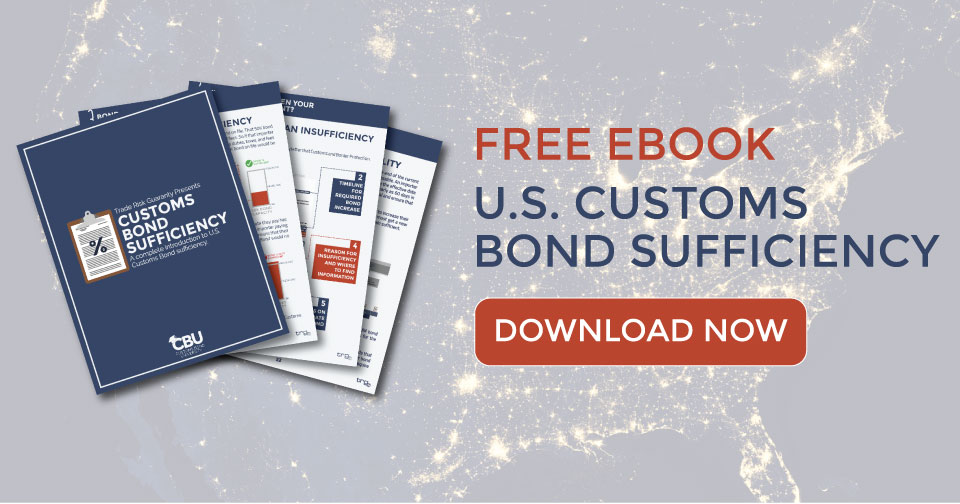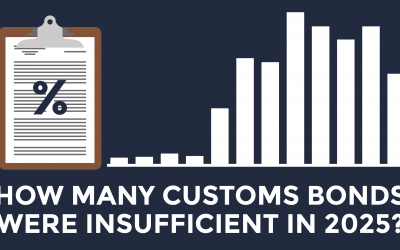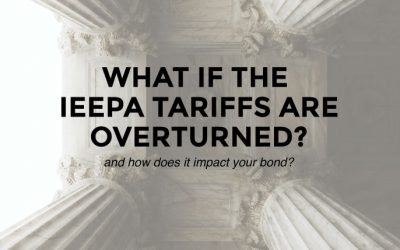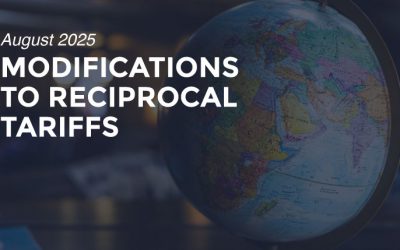A U.S. Customs Broker has a vital role in the process of importing into the United States, but what are the limitations to that role?
Navigating the complexities of international trade can be as challenging as steering a ship through stormy seas. One essential tool for ensuring that your cargo reaches its destination without a hitch is a customs bond. But who should you turn to for such a critical element of your trade arsenal?
Traditionally, businesses have relied on customs brokers to manage this aspect, but what if there’s a more streamlined, cost-effective route? This guide will explore the role of customs brokers and introduce you to a direct solution that might just change the way you do business.
What is a Customs Broker?
A customs broker acts as a bridge between importers and the sea of regulations that govern international trade. These specialized agents file the necessary paperwork for importing, help in the classification of your goods, and helps to ensure that your cargo complies with all the required regulations. For many, they are the first and last line of defense in the complex world of import duties and trade laws.
Do I Need a Customs Broker?
However, the question is not whether customs brokers are capable, but whether they are essential for every part of importing into the United STates. In fact, U.S. Customs and Border Protection states that you do not need a customs broker to clear your goods through Customs. Instead, your business can choose to clear the goods on their own behalf.
This means that in the age of direct digital communication and streamlined service models, the additional layer of a broker can often be circumvented. And if this makes sense for your business, it can typically lead to overall cost savings.
Before you select a Customs Broker to work with, make sure to ask them these three questions.
Why Would You Choose Not to Work with a Customs Broker?
- Cost Savings: Brokers charge fees for their services. Businesses that handle customs clearance in-house or work directly with a customs bond provider can save on these costs.
- Direct Control: Some businesses prefer to have direct oversight and control over every step of the import/export process, which can be lessened when a third party is involved.
- Simplicity of Shipments: If a company only deals with straightforward shipments that do not require complex documentation or special handling, they may find it more efficient to manage the process themselves.
- Transparency: Working without a broker can lead to greater transparency in the customs process, as the business has a direct line of communication with the customs authorities.
- Reduced Dependency: Depending solely on brokers can make businesses vulnerable if the broker fails to perform. Managing customs in-house and working directly with a bond provider reduces this dependency.
Why Would You Choose to Work with a Customs Broker?
- Expertise in Customs Regulations: Customs brokers have specialized knowledge of local and international customs regulations, tariffs, and trade agreements. This expertise can be invaluable for businesses that do not have in-house customs specialists.
- Filing of Documentation: Brokers facilitate the accurate and timely filing of required customs documentation, which can be complex and time-consuming. They ensure that all the paperwork is in order, reducing the risk of delays or penalties.
- Duty Management: Customs brokers help businesses navigate the complexities of duties, taxes, and excises. They can offer advice on how to minimize costs through duty relief programs and proper tariff classification.
Where Can I Find a Reliable Customs Broker?
If you’re still considering the traditional route, finding a reliable customs broker is crucial for ensuring that your trade processes run smoothly. A dependable broker can be found through:
- Industry Referrals: Often, the best way to find a customs broker is through recommendations from peers in the industry who have had direct experience with their services.
- Trade Associations: Joining trade associations can provide you with a network of professionals, including reputable customs brokers.
- Online Directories: Many online directories list customs brokers, complete with ratings and reviews to help gauge reliability and service quality.
- Regulatory Bodies: Customs and Border Protection has a search tool that lists licensed or accredited Customs brokers directly on their website.
Customs brokers have played a vital role in international trade, but the landscape is evolving. With the availability of direct services, businesses have the opportunity to streamline their operations, cutting through red tape with ease and efficiency.
Find out more ways to locate a Broker for your busiiness.
Securing a U.S. Customs Bond Directly
One piece of the importing puzzle that is easy and more efficient to source directly is the U.S. Customs Bond. The benefits of securing your bond directly include having more oversight on any claims filed on your bond, a more direct connection with the experts that oversee your bond, and the competitive cost savings that comes with buying direct.
Trade Risk Guaranty has been providing U.S. Customs Bonds directly to businesses that import since 1991 and offer a variety of pricing options to fit your business’ needs. Getting your bond through TRG also comes with the added benefit of access to importing reports designed to help your directly track your level of compliance with U.S. Customs and Border Protection.

